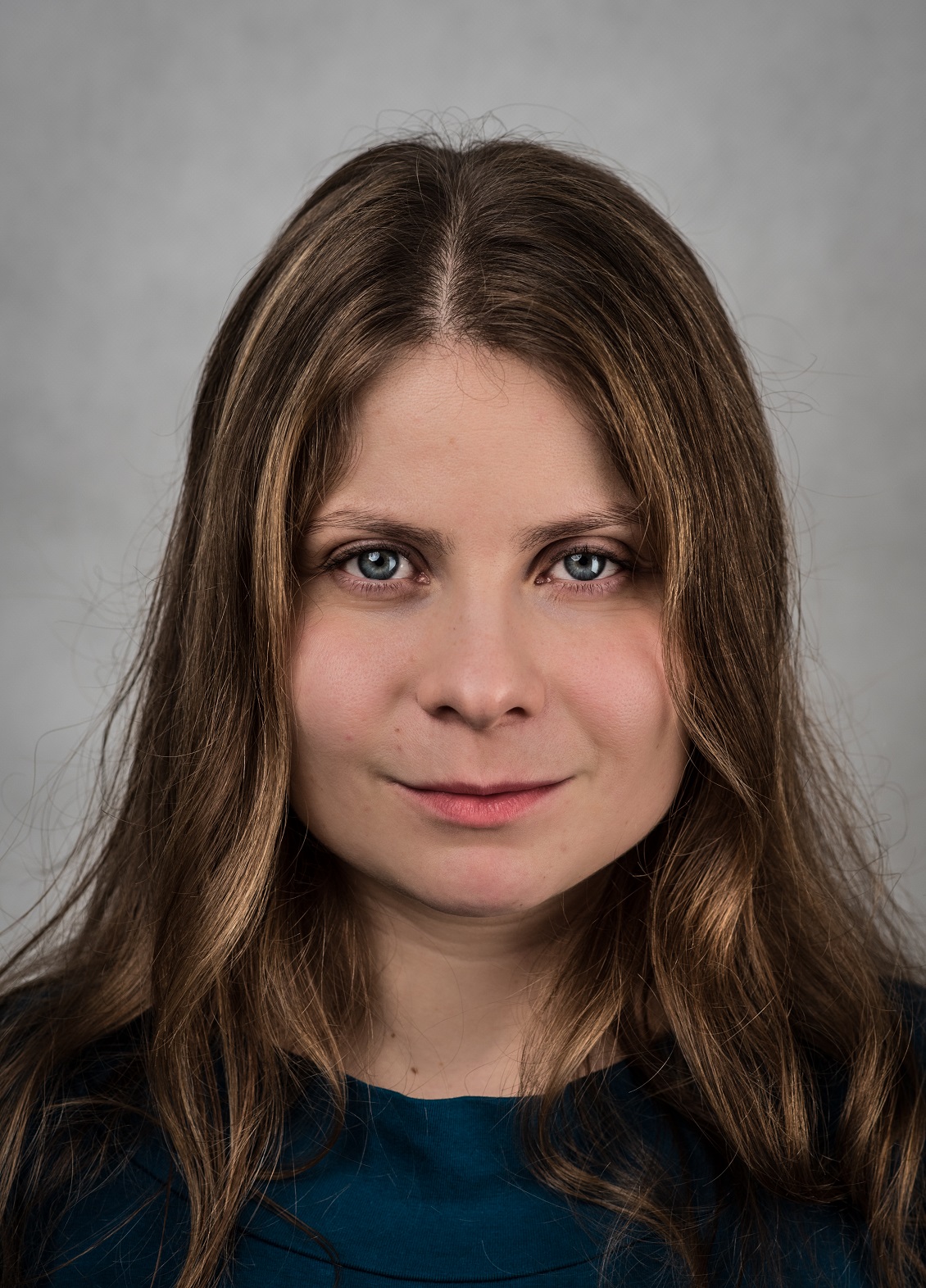Agnieszka Kwiatkowska
academic webpage

Agnieszka Kwiatkowska is a sociologist and Assistant Professor at SWPS University in Warsaw, Poland.
Her research focuses on political behaviour, political representation and public discourse, with a particular interest in how elites and citizens respond to democratic backsliding in contemporary Europe. She works at the intersection of political sociology, comparative politics and political communication, combining advanced quantitative methods with computational text analysis and qualitative approaches.
She has led and collaborated on numerous research projects funded by the National Science Centre, international foundations and public institutions, including recent studies on democratic resilience, inequality in political representation, and youth political socialisation. In her current research project DEMRES. The Effectiveness of Discursive Strategies of Democratic Backsliding and Democratic Resilience , she examines discursive strategies of populist and anti-populist actors in Europe. Her work has been published in leading peer-reviewed journals, and she regularly presents at international conferences. Beyond academia, she collaborates with NGOs, public institutions and the media to make research findings accessible and relevant to public debate.
Find me on ORCID, Google Scholar, ResearchGate and LinkedIn.
Contact: agn.kwiatkowska@swps.edu.pl.